Understanding the Benefits of Deep Well Water Pumps for Efficient Irrigation and Sustainable Water Use
In recent years, the agricultural sector has increasingly turned to deep well water pumps to enhance irrigation efficiency and promote sustainable water use. According to the American Society of Agricultural and Biological Engineers (ASABE), proper irrigation management can increase crop yields by up to 40%, making it essential for farmers to adopt advanced technologies.
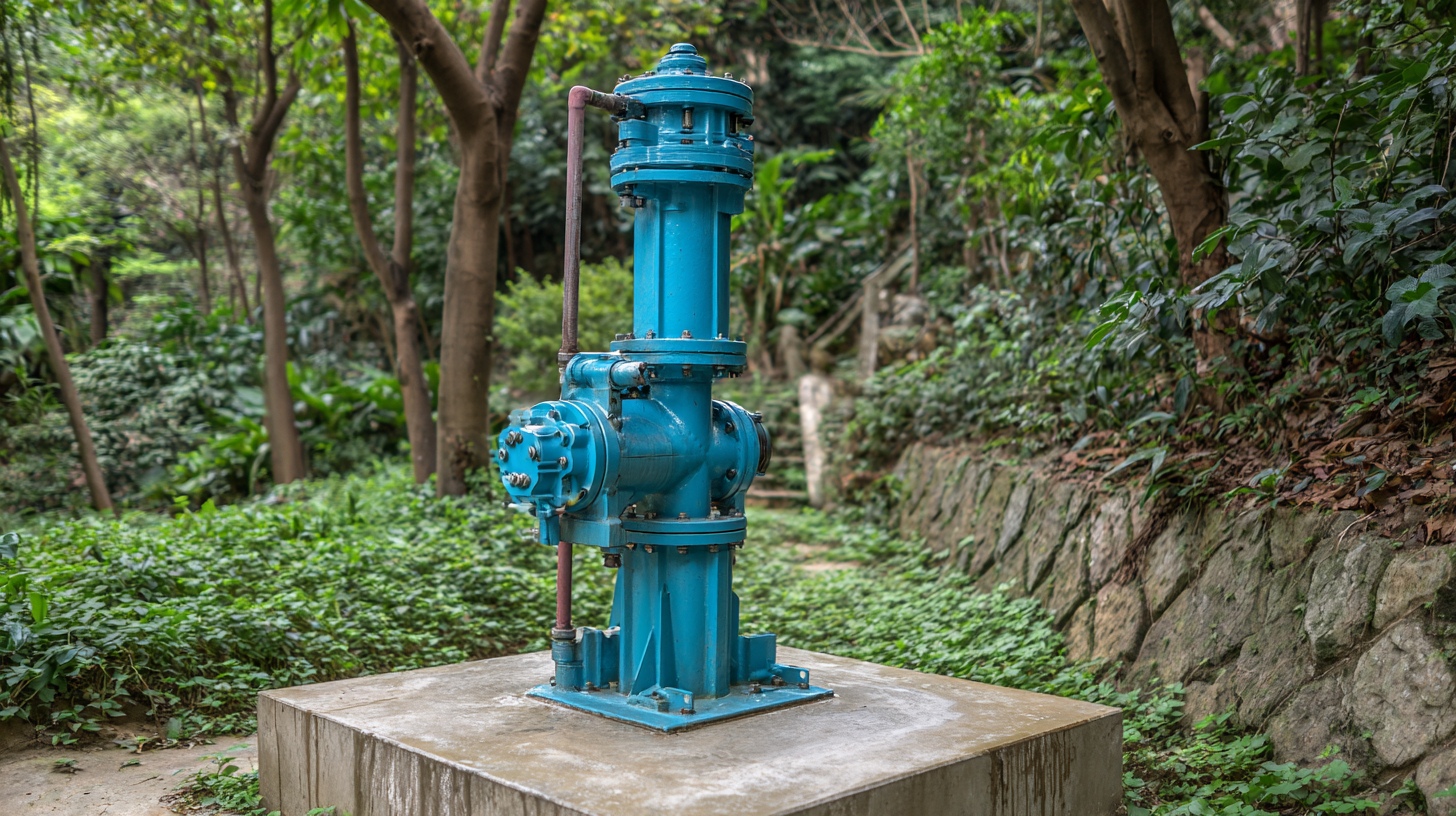 Deep well water pumps provide a reliable solution for accessing groundwater, which is particularly crucial in regions experiencing water scarcity and shifting climate patterns. These pumps facilitate the extraction of water from depths that traditional methods cannot reach, ensuring a consistent supply for crops throughout the growing season.
Deep well water pumps provide a reliable solution for accessing groundwater, which is particularly crucial in regions experiencing water scarcity and shifting climate patterns. These pumps facilitate the extraction of water from depths that traditional methods cannot reach, ensuring a consistent supply for crops throughout the growing season.
Moreover, the global market for deep well water pumps is projected to grow significantly, with a report from Market Research Future indicating a compound annual growth rate (CAGR) of over 5% by 2025. This growth reflects the rising demand for efficient irrigation systems as farmers seek to optimize resource utilization while adhering to environmental conservation practices. By utilizing deep well water pumps, agricultural producers can not only improve their operational efficiency but also contribute to sustainable water management. The integration of these pumps into irrigation strategies highlights their indispensable role in shaping the future of agriculture while addressing global water challenges.
Benefits of Deep Well Water Pumps in Modern Irrigation Systems
Deep well water pumps play a crucial role in modern irrigation systems, providing farmers and landowners with a reliable source of water in areas where surface water is scarce. These pumps can draw water from deep underground aquifers, ensuring a consistent supply for crops throughout the growing season. By utilizing deep well water pumps, agricultural operations can enhance their productivity and sustainability by minimizing water waste and optimizing irrigation schedules.
Tip: When selecting a deep well water pump, consider the depth of your water table and the specific needs of your crops. Installing an appropriate pump size can help maintain efficient water levels while reducing energy costs.
Furthermore, integrating deep well water pumps into irrigation systems supports water conservation efforts. By implementing drip irrigation alongside these pumps, farmers can deliver water directly to the plant roots, significantly reducing evaporation and runoff. This precision approach not only conserves water but also promotes healthier plant growth, which is essential for sustainable farming practices.
Tip: Regular maintenance and monitoring of your deep well water pump will prolong its lifespan and ensure optimal performance. Keep an eye on water quality and pump efficiency to adapt your irrigation strategies effectively.
Reducing Water Waste: Efficiency Gains from Deep Well Pump Technology
Deep well water pumps are revolutionizing irrigation practices by significantly reducing water waste through advanced technology. According to a report by the American Society of Agricultural and Biological Engineers, optimizing deep well systems can enhance water delivery efficiency by up to 30%. This increase in efficiency is critical in today’s context, where agricultural sectors are facing stringent water scarcity issues. Moreover, incorporating high-efficiency pumps can minimize energy consumption, leading to a more sustainable irrigation approach.
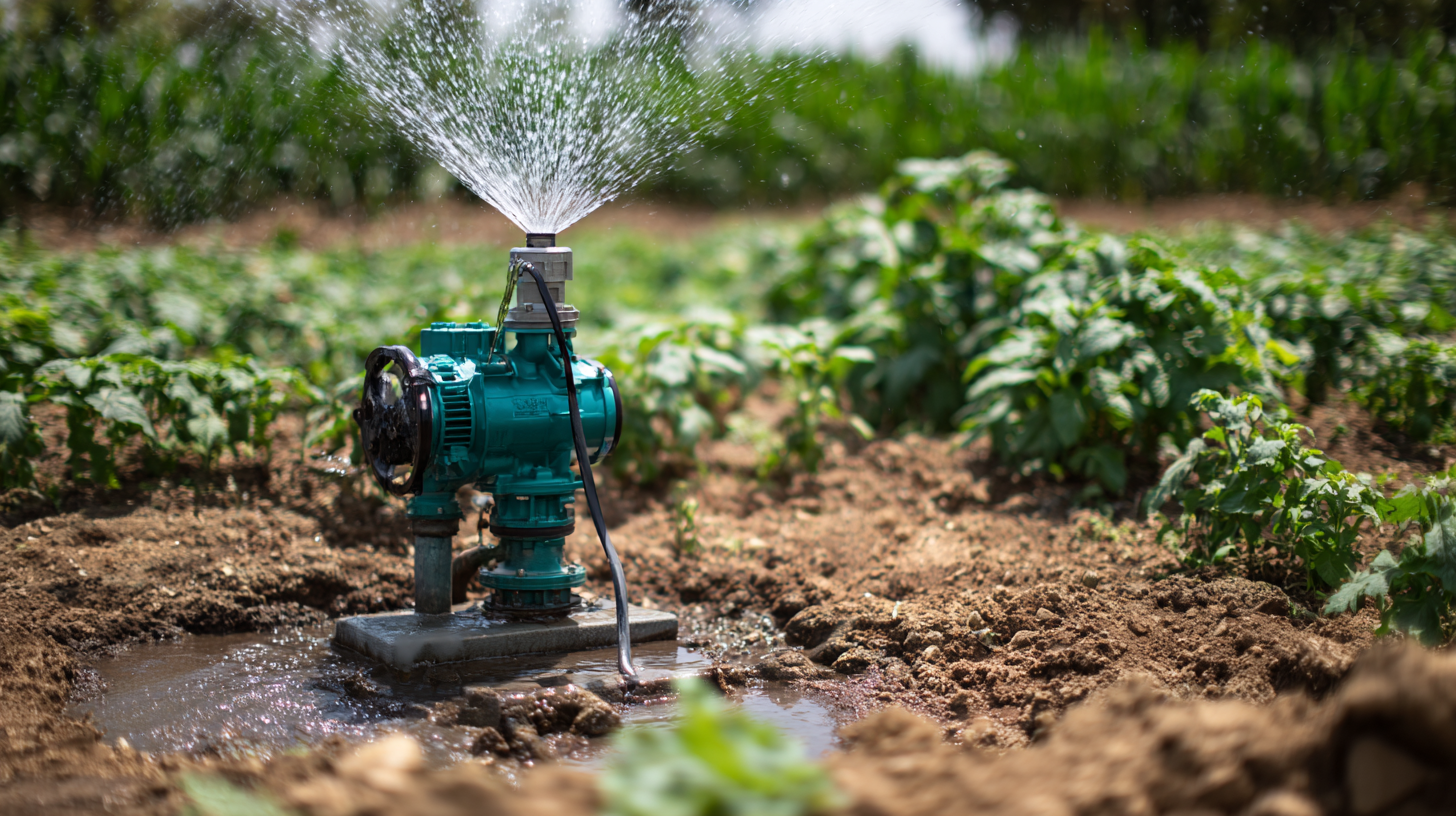
Furthermore, a study conducted by the U.S. Department of Agriculture shows that using variable frequency drives in deep well pumps can optimize the power consumed during pumping operations, allowing for precise control over water flow rates. This not only reduces waste but also extends the lifespan of the irrigation system, translating to lower maintenance costs for farmers. By leveraging these technological advancements, producers can achieve better yields while ensuring the responsible use of water resources, contributing significantly to sustainable agricultural practices.
Cost-Effectiveness of Deep Well Pumps for Sustainable Agriculture Practices
Deep well water pumps have emerged as a cost-effective solution for sustainable agriculture practices, particularly in regions facing water scarcity. These pumps are able to access deeper water sources, ensuring a reliable supply for irrigation. The initial investment may seem significant; however, the long-term savings achieved through reduced operational costs and improved water efficiency make them financially viable for farmers. By drawing water from deep aquifers, farmers can minimize the dependency on surface water, which is often subject to seasonal variability and drought conditions.
Furthermore, deep well pumps are designed for high efficiency, often consuming less energy compared to traditional irrigation methods. This efficiency not only lowers electricity bills but also lessens the environmental impact associated with energy use. With the ability to irrigate more effectively, crops can flourish, leading to better yields and, ultimately, higher profits. As sustainable agriculture becomes increasingly crucial in the face of climate change, the role of deep well water pumps in promoting both economic and environmental sustainability is undeniable.
Benefits of Deep Well Water Pumps for Efficient Irrigation
Impact of Deep Well Pumps on Crop Yield and Water Quality Improvement
Deep well water pumps play a crucial role in enhancing crop yield and improving water quality for agricultural purposes. By accessing groundwater from deeper sources, these pumps provide a consistent and reliable supply of water, essential for irrigation during dry seasons. The use of deep well pumps not only ensures that crops receive adequate moisture but also promotes healthier plant growth. When crops are well-irrigated, they tend to produce higher yields, which is vital for meeting the increasing food demands globally.
**Tips: Ensure proper maintenance of your deep well pump. Regular checks can prevent breakdowns and optimize water delivery for irrigation.** Additionally, utilizing advanced filtration systems can enhance water quality by reducing contaminants, ensuring that crops receive the clean water they need for optimal growth. Improved water quality also protects soil health, promoting a sustainable farming ecosystem.
**Tips: Consider scheduling irrigation during cooler parts of the day to minimize evaporation losses.** This practice, combined with the efficient operation of deep well pumps, can significantly enhance water efficiency, fostering both crop productivity and sustainability in water use. By prioritizing these strategies, farmers can maximize the benefits of deep well water pumps while contributing positively to environmental conservation.
Understanding the Benefits of Deep Well Water Pumps for Efficient Irrigation and Sustainable Water Use - Impact of Deep Well Pumps on Crop Yield and Water Quality Improvement
| Irrigation Method | Crop Type | Yield Increase (%) | Water Quality Improvement (pH Level) | Water Savings (%) |
|---|---|---|---|---|
| Drip Irrigation | Tomatoes | 30 | 6.5 | 50 |
| Sprinkler Irrigation | Corn | 25 | 7.0 | 40 |
| Surface Irrigation | Wheat | 20 | 7.5 | 30 |
| Subsurface Irrigation | Almonds | 35 | 6.8 | 55 |
| Center Pivot Irrigation | Soybeans | 28 | 6.9 | 45 |
Comparative Analysis of Deep Well Pumps vs. Surface Water Irrigation Methods
When it comes to irrigation methods, deep well water pumps offer a compelling alternative to traditional surface water irrigation. According to a report from the Irrigation Association, deep well systems can improve water use efficiency by 25-30% compared to surface methods, which are often subject to evaporation and runoff losses. This increased efficiency not only minimizes water wastage but also supports sustainable agricultural practices. For instance, growers in arid regions can rely on deep well pumps to access groundwater resources, ensuring consistent moisture levels even during drought conditions.

When comparing deep well pumps to surface water methods, it’s critical to consider the long-term cost implications. While initial setup costs for deep well systems can be higher, they typically yield greater returns due to reduced labor and water management expenses. Additionally, the U.S. Geological Survey notes that deep aquifers often provide a more reliable water source, enhancing resilience against climate variability.
Tips:
1. Consider investing in solar-powered deep well pumps to further reduce operational costs and environmental impact.
2. Regularly monitor groundwater levels to ensure sustainable extraction rates and protect against resource depletion.
Related Posts
-
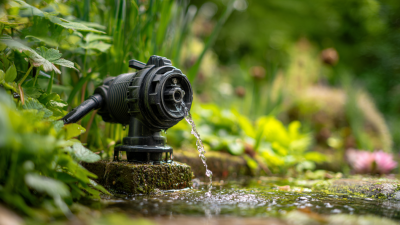
Transform Your Garden: The Ultimate Guide to Submersible Water Pumps for Efficient Irrigation
-
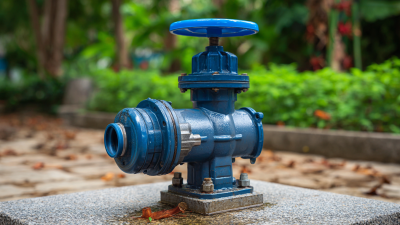
Exploring the Best Deals on Water Pump Prices for 2024 Essentials
-
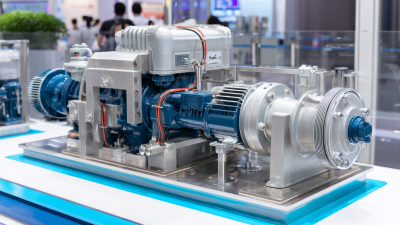
Exploring Water Pump Innovations for Home Use at the 2025 China Import and Export Fair
-
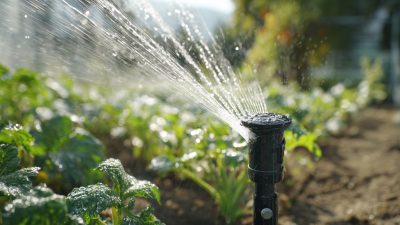
What are the Key Features of Modern Irrigation Pumps?
-
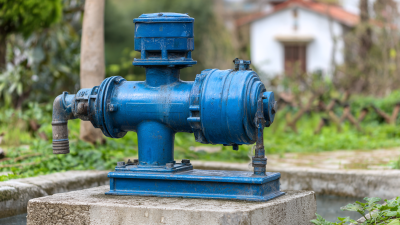
Maximizing Efficiency: Choosing the Best Deep Well Water Pump for Your Needs
-
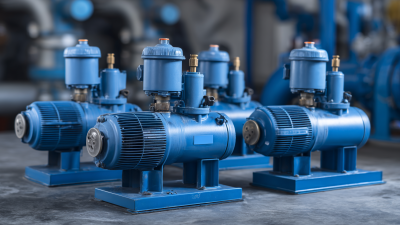
Unlocking the Power of Small Electric Water Pumps: Your Ultimate Guide to Efficient Water Solutions
